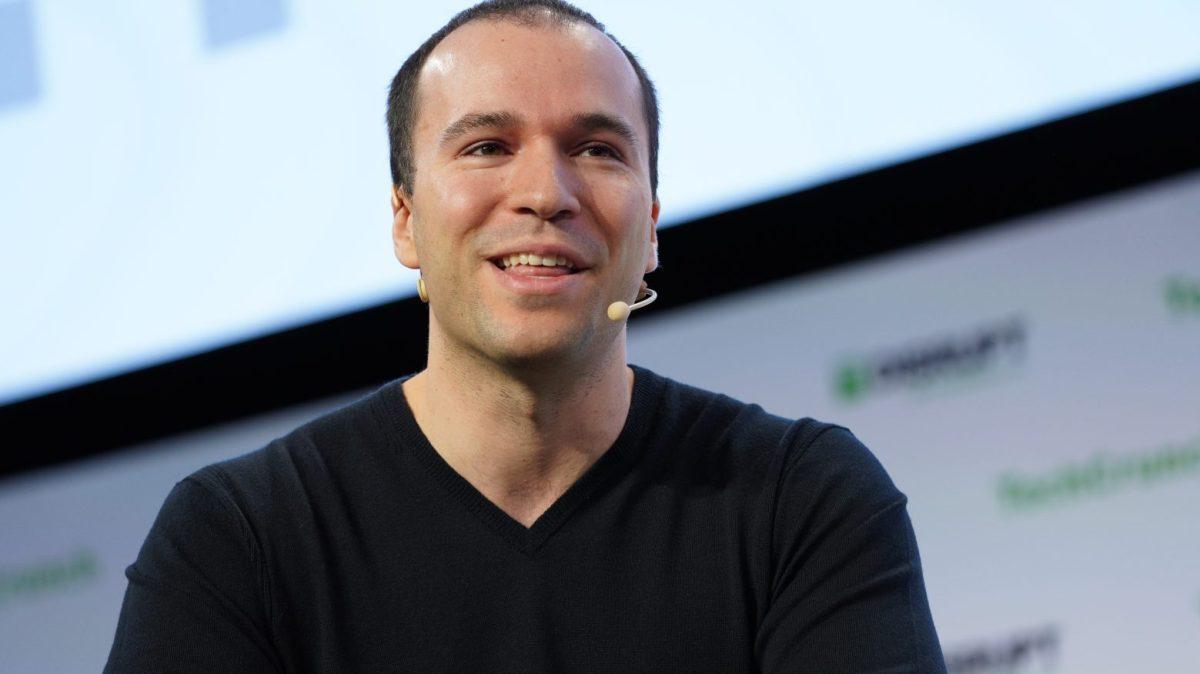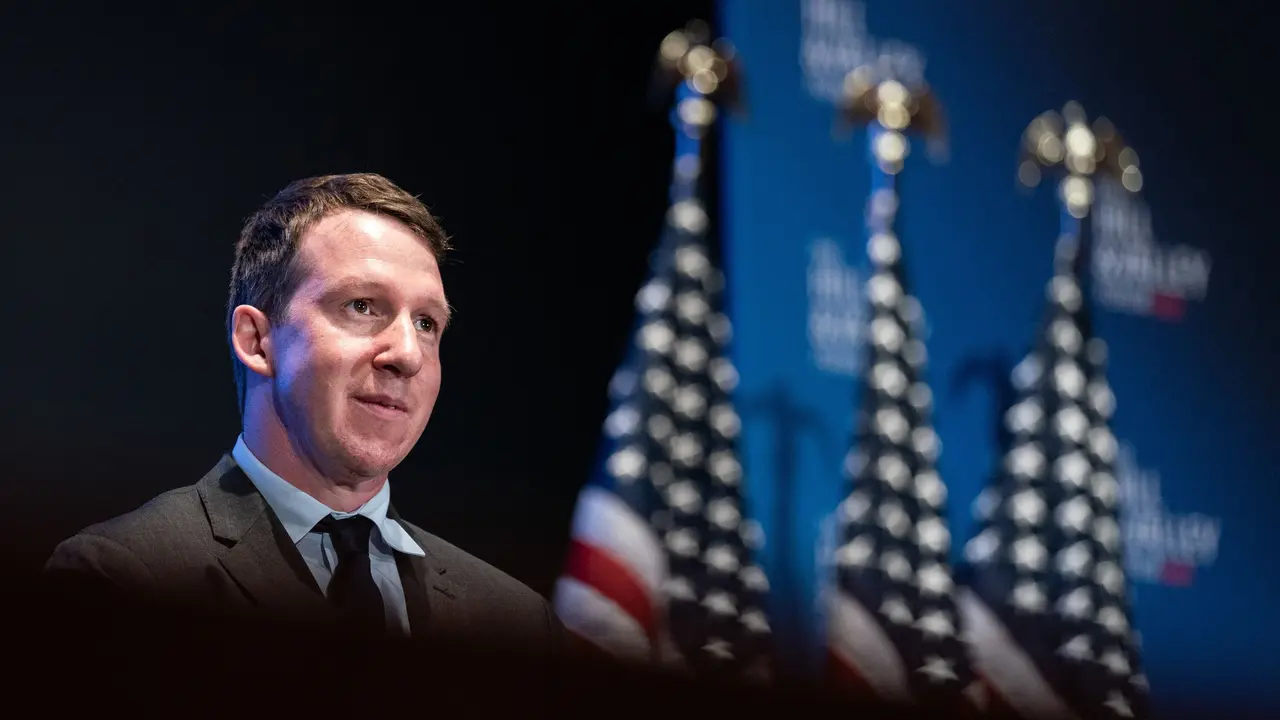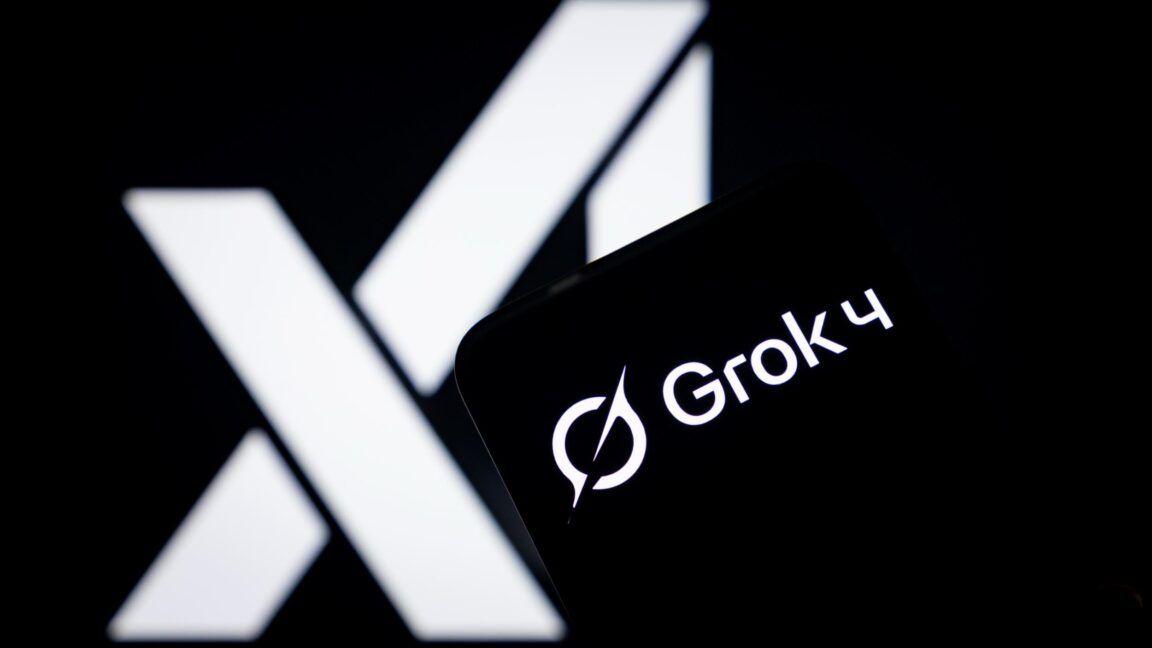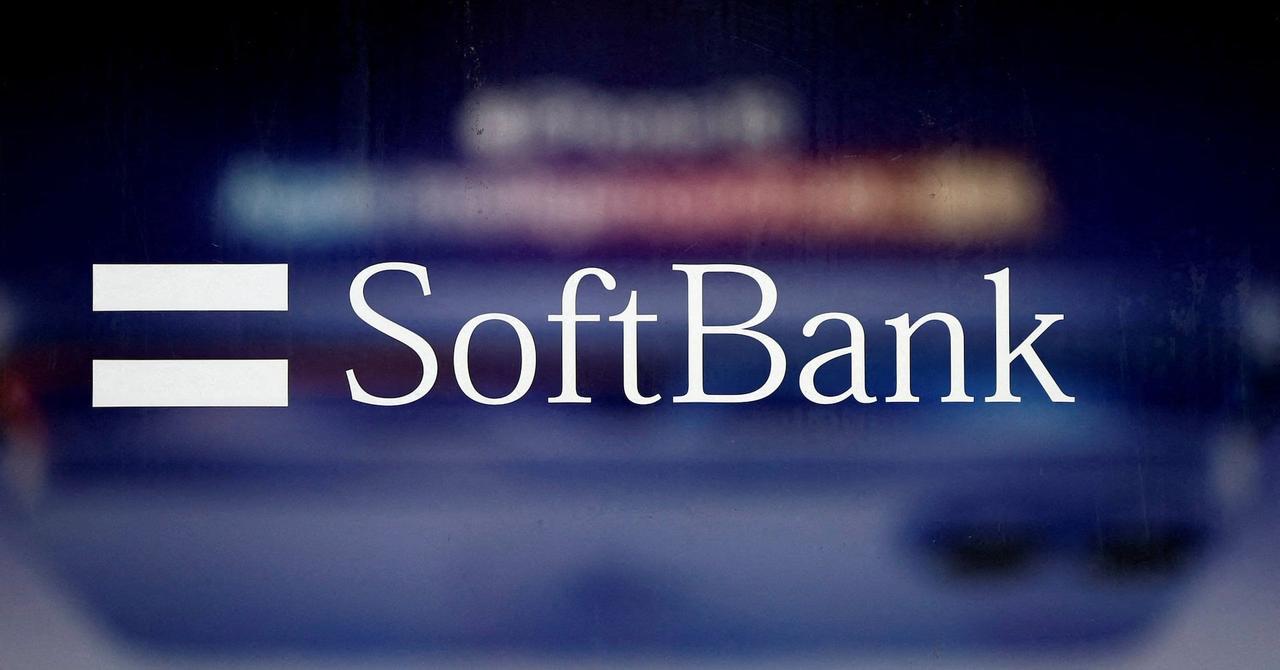Meta Launches Super PAC to Combat State-Level AI Regulation
5 Sources
5 Sources
[1]
Meta launches super PAC to fight AI regulation as state policies mount | TechCrunch
Meta has raised the stakes in Big Tech's fight against AI regulation. The Facebook-maker is investing "tens of millions" of dollars into a new super PAC to fight state-level tech policy proposals that could stifle AI advancement, reports Axios. Meta's pro-AI PAC, called the American Technology Excellence Project, is the company's latest effort to combat policies it sees as harmful to the development of AI. Last month, Meta launched a California-focused PAC to back tech-friendly candidates in state races. Axios reports that Meta's new super PAC will be run by Republican veteran Brian Baker and Democratic consulting firm Hilltop Public Solutions, and will work to elect tech-friendly politicians from both parties in next year's midterm elections. Rachel Holland, a Meta spokesperson, told the outlet that the super PAC will focus on promoting and defending U.S. tech companies and leadership, advocating for AI progress, and putting parents in charge of how their children experience online apps and AI technologies. The focus on parental control comes amid comes growing child safety concerns surrounding AI tools. Meta has come under particular scrutiny after leaked internal documents showed the company's chatbots were allowed to have "romantic" chats with kids and whistleblower reports alleged that the company may have suppressed research on child safety. Meta has not shared which states its super PAC would focus on, nor how many people the PAC would employ. The PAC comes at a time when many states are proposing AI regulations, spurred by a perceived failure of the federal government to address the issue. More than 1,000 bills were introduced in all 50 states related to AI during the 2025 legislative session. In California specifically, two bills passed and are awaiting signature or veto by Governor Gavin Newsom: SB 243, a bill that would regulate AI companion chatbots to protect minors and vulnerable users, and SB 53, a bill that would set new transparency requirements on large AI companies. Reached for comment, Meta VP of public policy Brian Rice said the new group would "support the election of state candidates across the country who embrace AI development, champion the U.S. technology industry, and defend American tech leadership at home and abroad." Silicon Valley has picked up the pace this year to try to curb states' abilities to pass AI legislation, arguing that such a "patchwork" would be difficult for powerful AI companies to navigate and slow down innovation at a time when the U.S. is racing to beat China in AI development. Last month, Andreessen Horowitz and OpenAI president Greg Brockman launched a Silicon Valley super PAC with $100 million dedicated to advocating against AI regulation. Earlier this year, a proposal that would bar states from regulating AI at all for 10 years almost made it into the federal budget, but was ultimately struck down.
[2]
Meta to launch national super PAC against AI regulation
Meta is launching a national super political action committee (PAC), . This super PAC will be committed to fighting "onerous" AI regulation across the country. It's called the American Technology Excellence Project and Meta spokesperson Rachel Holland said the company is investing "tens of millions" into the effort. The goal of the PAC is to elect pro AI state candidates from both parties. It's being run by longtime Republican operative Brian Baker with an assist from Democratic consulting firm Hilltop Public Solutions. The tech-friendly federal government has no plans to regulate AI but fell short on . There have been over 1,000 state-level policy proposals introduced this year, which Meta thinks could hurt America in the AI race with China. "State lawmakers are uniquely positioned to ensure that America remains a global technology leader," Meta VP of public policy Brian Rice said in a statement. "This is why Meta is launching an effort to support the election of state candidates across the country who embrace AI development, champion the U.S. technology industry and defend American tech leadership at home and abroad." The company has not released any information as to which forthcoming state elections would be disrupted by the aforementioned tens of millions of dollars. We also don't know how many people the PAC will employ. This is just the by Meta. It recently to protect tech and AI interests. The state has been fairly proactive about enacting protections against potentially harmful AI use cases. It passed a law and has attempted bills that and . While the Trump administration loves itself some AI, there are limits. The president recently signed an executive order banning "woke AI" from being used in the federal government. I haven't come across any woke AI in the wild, but I have
[3]
Meta Ramps Up Spending on A.I. Politics With New Super PAC
Meta pledged tens of millions of dollars through a new super PAC to fight state politicians across the country that it sees as insufficiently supportive of the artificial intelligence industry, as the tech giant wades deeper into politics. The new super PAC, the American Technology Excellence Project, was the second unveiled by Meta in the last month. The company previously announced a super PAC called Meta California that is focused on A.I. policy proposals in California. The company said on Tuesday that it would spend "tens of millions" of dollars initially on the two groups, declining to be more specific. "We need state legislators who will champion our tech future, not cede it to global adversaries," Brian Baker, a Republican strategist who is coleading the new PAC, said in a statement. Meta, Google, Apple, OpenAI and other tech giants have been investing billions of dollars into developing A.I., in a fierce contest to take leadership of the powerful technology and to keep ahead of rivals in China. At a dinner with President Trump this month, Mark Zuckerberg, Meta's chief executive, said his company would spend $600 billion to build data centers to power the technology. Meta's new super PACs reflect a more aggressive posture from the company in campaigns and elections. Meta previously mainly maintained a relatively small, federal PAC that was limited in how much it could spend, along with backing some nonprofit groups that engaged in political campaigns. With its new moves, Meta is likely to be one of the largest spenders in the 2026 midterm elections. The artificial-intelligence industry has been preparing for political combat in the midterms. Last month, the venture capital firm Andreessen Horowitz and Greg Brockman, a co-founder of OpenAI, pledged $100 million to a super PAC of their own focused on A.I. policy. Meta's new PAC will be led by Mr. Baker, who has emerged as a top adviser to Mr. Zuckerberg, and Hilltop Public Solutions, a Democratic consulting firm. Meta did not say which states it would target with the new PAC. So far this year, more than 1,100 A.I. bills have been proposed across nearly all 50 states, with the most in New York, New Jersey, Texas and California.
[4]
Exclusive: Meta launches super PAC to fight AI regulation
Why it matters: As the federal government fully embraces AI and looks unlikely to pass significant tech policy regulation any time soon, busy state houses are tech companies' biggest problem. * Meta's nonfederal PAC -- which will be run by longtime Republican operative Brian Baker and Democratic consulting firm Hilltop Public Solutions -- will focus on electing state candidates from both parties. The super PAC is called the American Technology Excellence Project, and Meta spokesperson Rachel Holland said the company is investing in the "tens of millions" into the project. * Holland said it's meant to fend off what the company sees as poorly crafted state-level tech policy proposals -- with 1,100 introduced just this year -- that could hurt the U.S. in the AI race with China. * With the super PAC, Meta will be focused on three pillars, per Holland: promoting and defending U.S. technology companies and leadership, advocating for AI progress, and putting parents in charge of how their kids experience online apps and AI technologies. * Holland said Meta could not yet share which states the PAC would immediately be focused on and that it has not determined how many people the PAC would employ. What they're saying: "Amid a growing patchwork of inconsistent regulations that threaten homegrown innovation and investments in AI, state lawmakers are uniquely positioned to ensure that America remains a global technology leader," Meta VP of public policy Brian Rice said in a statement. * "This is why Meta is launching an effort to support the election of state candidates across the country who embrace AI development, champion the U.S. technology industry, and defend American tech leadership at home and abroad." The big picture: Meta last month launched a PAC focused on California, pledging tens of millions to back tech-friendly candidates in state races. * Also last month, a16z and OpenAI president Greg Brockman announced they were putting $100 million into a PAC to advocate against strict AI regulation. The bottom line: Tech policy lobbyists have been very effective in fighting off the regulation they don't like in Washington, with Congress' general paralysis at passing bills working to their advantage.
[5]
Meta's next political bet on AI will be at the state level
The logo of the Facebook group Meta can be seen near the company headquarters in Menlo Park, California. (Andrej Sokolow/picture alliance via Getty Images) Meta is placing its next big political bet on artificial intelligence -- and it won't be in Washington D.C. The tech giant is pledging to spend big through a new super PAC named the American Technology Excellence Project to support state lawmakers that it considers allies of the AI industry. It could amount to tens of millions of dollars in new spending to reshape the 2026 midterms. "Amid a growing patchwork of inconsistent regulations that threaten homegrown innovation and investments in AI, state lawmakers are uniquely positioned to ensure that America remains a global technology leader," Brian Rice, Meta's VP of public policy, said in a statement. Bipartisan consulting firms will helm the new super PAC under the leadership of Brian Baker, a GOP strategist. Democratic consulting firm Hilltop Public Solutions will also manage the super PAC, which will endorse politicians regardless of their political party. "We need state legislators who will champion our tech future, not cede it to global adversaries," Baker said in a statement. "We'll fight to keep the US ahead of the curve." Ahead of the 2024 election last year, Meta CEO Mark Zuckerberg hired Baker to strengthen his relationships with GOP officials, The New York Times reported. The American Technology Excellence Project is the second super PAC unveiled by Meta as the tech giant expands its footprint in U.S. politics. Meta launched another super PAC in California focused on AI initiatives in the state. Meta, Google, Apple and other tech firms are scrambling to dominate the AI landscape, as states engage in a flurry of legislative activity. Thirty eight states have adopted new AI laws this year so far, per the National Conference of State Legislatures.
Share
Share
Copy Link
Meta invests heavily in a new super PAC, the American Technology Excellence Project, to fight against state-level AI regulations. This move comes as states propose numerous AI-related bills, potentially impacting the tech industry's growth and innovation.
Meta's Bold Move into AI Politics
Meta, the parent company of Facebook, has taken a significant step into the realm of AI politics by launching a new super Political Action Committee (PAC) called the American Technology Excellence Project. This move comes as a response to the growing number of state-level AI regulations that the tech giant perceives as potentially harmful to the development and progress of artificial intelligence in the United States
1
2
3
.
Source: Axios
Meta has pledged to invest "tens of millions" of dollars into this new super PAC, signaling its commitment to shaping the political landscape surrounding AI technology
1
4
. The company's spokesperson, Rachel Holland, stated that the PAC would focus on three main pillars: promoting and defending U.S. technology companies and leadership, advocating for AI progress, and empowering parents to control how their children interact with online apps and AI technologies4
.Bipartisan Approach and Leadership
The American Technology Excellence Project will be led by Brian Baker, a seasoned Republican operative, in collaboration with Hilltop Public Solutions, a Democratic consulting firm
1
2
3
. This bipartisan approach underscores Meta's intention to support tech-friendly candidates from both major political parties in the upcoming 2026 midterm elections1
3
.Brian Rice, Meta's VP of public policy, emphasized the importance of state lawmakers in ensuring America's position as a global technology leader. He stated, "This is why Meta is launching an effort to support the election of state candidates across the country who embrace AI development, champion the U.S. technology industry, and defend American tech leadership at home and abroad"
2
4
.The State-Level AI Regulation Landscape
The launch of this super PAC comes at a time when state legislatures across the country are increasingly active in proposing AI-related regulations. In 2025 alone, more than 1,000 AI bills were introduced across all 50 states, with New York, New Jersey, Texas, and California leading the charge
3
4
. This flurry of legislative activity at the state level has raised concerns among tech companies about the potential creation of a "patchwork" of regulations that could be challenging to navigate and potentially slow down innovation1
.Meta's Expanding Political Footprint
The American Technology Excellence Project is not Meta's first foray into political action concerning AI regulation. Last month, the company launched a California-focused PAC to support tech-friendly candidates in state races
1
3
. This expansion of Meta's political activities reflects a more aggressive stance in shaping the regulatory environment for AI and technology3
.
Source: Quartz
Related Stories
Industry-Wide Efforts and Competition
Meta's actions are part of a broader trend in the tech industry to influence AI policy. Last month, venture capital firm Andreessen Horowitz and OpenAI president Greg Brockman launched their own Silicon Valley super PAC with a $100 million commitment to advocate against strict AI regulation
1
4
. These moves highlight the intensifying competition among tech giants like Meta, Google, Apple, and OpenAI in the race to dominate the AI landscape3
5
.Implications and Concerns
While Meta frames its efforts as necessary to maintain U.S. competitiveness in AI, particularly against countries like China, critics may view these actions as an attempt by big tech to avoid necessary oversight and regulation
1
4
. The focus on parental control in Meta's PAC agenda comes amid growing concerns about child safety in relation to AI tools, especially following leaked internal documents and whistleblower reports about Meta's own practices1
.As the 2026 midterm elections approach, the impact of Meta's substantial political investments on AI policy and regulation at the state level remains to be seen. The company's actions underscore the increasing intersection of technology, politics, and policy in shaping the future of AI development and governance in the United States.
References
Summarized by
Navi
Related Stories
Meta Launches Pro-AI Super PAC in California, Aiming to Influence State-Level AI Regulation
27 Aug 2025•Policy and Regulation

Silicon Valley Giants Launch $100 Million Pro-AI Super PAC to Influence 2026 Midterms
26 Aug 2025•Policy and Regulation

AI Industry Faces Political Battle as Rival Super PACs Prepare for 2026 Midterm Spending War
26 Nov 2025•Policy and Regulation

Recent Highlights
1
EU launches formal investigation into Grok over sexualized deepfakes and child abuse material
Policy and Regulation

2
Google Chrome AI launches Auto Browse agent to handle tedious web tasks autonomously
Technology

3
AI agents launch their own social network with 32,000 users, sparking security concerns
Technology





